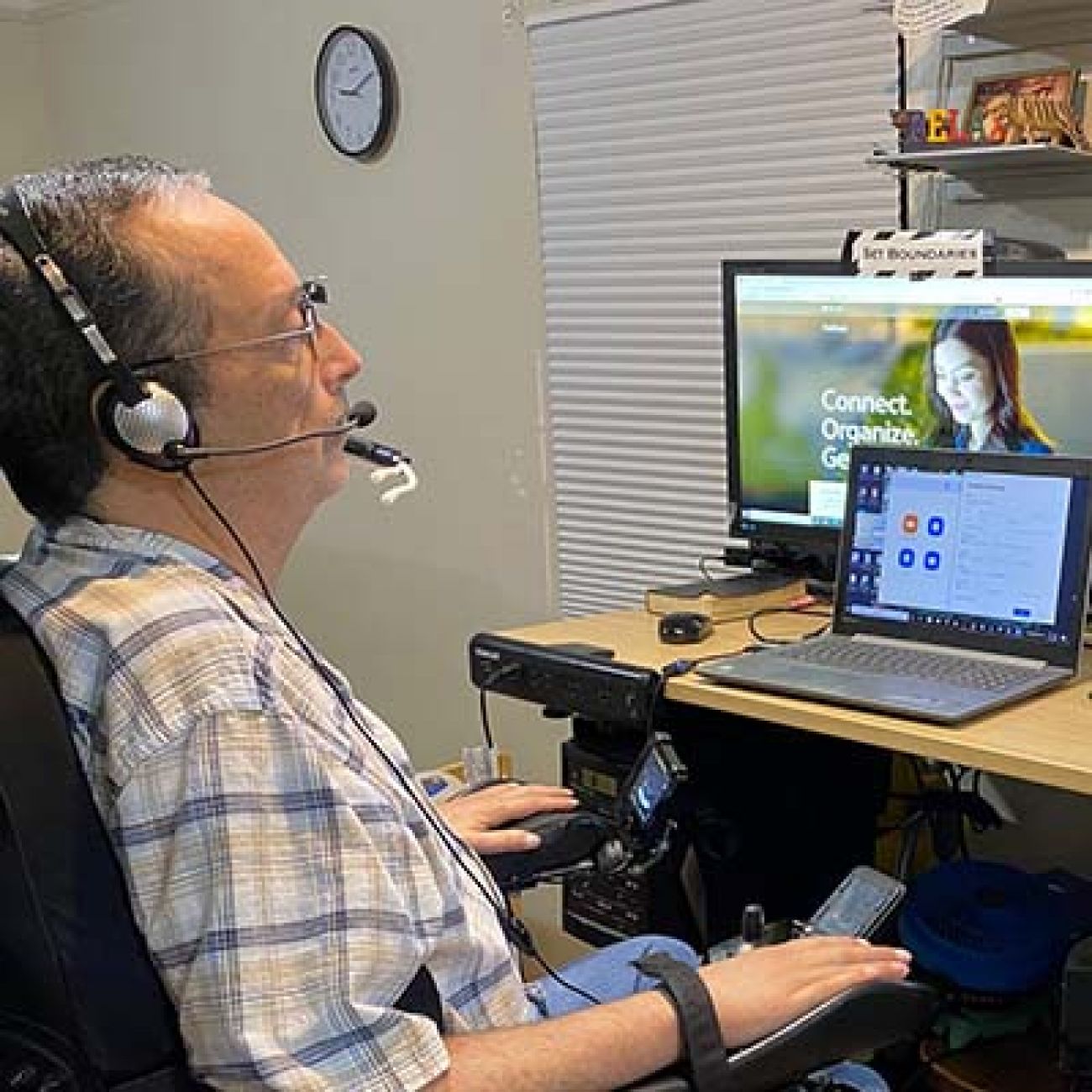Opinion | Reform Michigan auto insurance law before more of us die
I became a quadriplegic man 39 years ago. Now I’ve lost my caregivers, had to leave my home and am in life-threatening situations. I am declining and my health is failing without my regular exercise and therapy routines that my nurses and assistants performed with me.

Here is my distressing story.
Before July 2021, I resided in Detroit in a modified home I had owned for 28 years. I lived on my own with help of nurses and assistants provided through no-fault insurance. I thrived and worked full time at as a computer systems support contract employee for a large auto company. I was active in my church and sang in the choir. I was an outdoor sportsman who enjoyed hunting and fishing. I participated in my community and mentored children. I also mentored people with disabilities and helped them get involved in activities as well as provided them with computer support.
On July 1 my life came crashing down. That’s when a provision of Michigan’s new auto insurance law went into effect that cuts care for catastrophic crash survivors like me by 45 percent.
I had to move from my own home to a nursing home/rehabilitation center because we could not find assistants to care for me with the 45 percent cut to reimbursements, as they would be making only $12 an hour. Since then, I have been shuffled back-and-forth between rehabilitation facilities, a brief return to my home, and hospitals. I had urinary tract infections and sepsis which hospitalized me several times and I was close to death twice. I contracted COVID and ended up in the intensive care unit. I also suffered painful, hallucinating withdrawal from medications that were withheld because of insufficient documentation.
During the time that I was in the hospital, I was in a room where I could not regulate the temperature; a quadriplegic’s body has to be regulated by the ambient room temperature. We cannot generate heat or sweat in order to warm ourselves up or cool down. In that same facility they did not have sufficient help to aid me; there were times when I would call for help and did not have a response for over 30 minutes. In addition, the way they positioned the bed caused my hands, arms, testicles, legs, and pretty much my entire body to swell from the IV fluid going into my body and it damaged some of my organs.
For work, I went on short-term medical leave because it was impossible to work in this situation. In mid-September I attempted to apply for a long-term medical leave. I was informed that I had been terminated. No one told me.
Now, because of the 45 percent cut to reimbursements, the facilities I have been sent to are short staffed and cannot help me when I need assistance. Sometimes it’s like being a prisoner. I ask for water and they put a cup with a straw on the table and leave the room; I am not able to drink without assistance. The staff shortage causes them to hurry to get people dressed and in their wheelchairs. I’m unable to direct staff of correct dressing techniques and consequently things like my zipped pant legs are twisted which can ultimately cause pressure sores. I cannot contact someone in an emergency and have them immediately respond. I am in constant fear for my life from choking, syncope or other life-threatening events that could take my life.
I recently had to have a surgery to make it easier to take care of me and now I wear a drainage bag for urine every day 24 hours a day. I am planning on one more surgery to help distribute the right amount of medication for my spasms through a baclofen pump. These two surgeries will help prevent but not eliminate life-threatening situations. I would not have needed them if my care was not taken away.
I do not understand why our government would do this to their most vulnerable. The 45 percent cut has put providers and therapists out of business, eliminated thousands of jobs and left survivors and families exhausted physically, emotionally and financially.
Please do something before more of us die.
See what new members are saying about why they donated to Bridge Michigan:
- “In order for this information to be accurate and unbiased it must be underwritten by its readers, not by special interests.” - Larry S.
- “Not many other media sources report on the topics Bridge does.” - Susan B.
- “Your journalism is outstanding and rare these days.” - Mark S.
If you want to ensure the future of nonpartisan, nonprofit Michigan journalism, please become a member today. You, too, will be asked why you donated and maybe we'll feature your quote next time!




